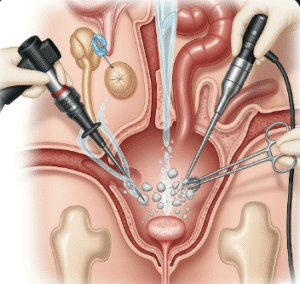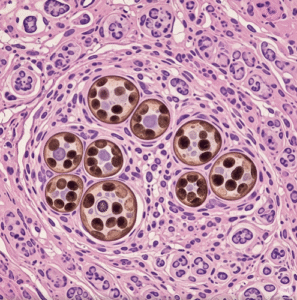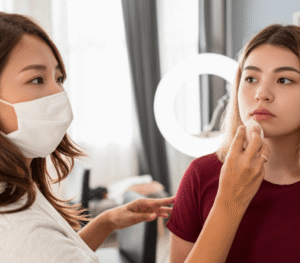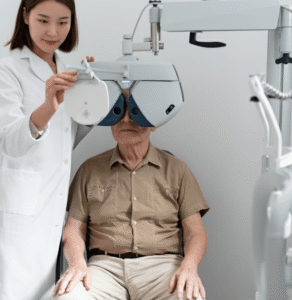Overview
Food poisoning, also known as foodborne illness, occurs when contaminated food or beverages containing harmful bacteria, viruses, parasites, or toxins are consumed. It leads to a variety of gastrointestinal and systemic symptoms. In Korea, food poisoning cases often spike during summer months due to high humidity and temperature, which allow bacteria to multiply rapidly. Korean health authorities, including the Korea Disease Control and Prevention Agency (KDCA), actively monitor outbreaks and enforce strict food safety regulations. Despite these efforts, food poisoning remains a common cause of emergency visits, especially among children, the elderly, and individuals with weak immune systems.
What is Food Poisoning?
Food poisoning is an acute condition caused by ingesting unsafe or contaminated food. It can be mild, resolving on its own in a few days, or severe, requiring hospitalization. Unlike food allergies, which are immune responses, food poisoning is usually caused by pathogens (germs) or toxins in food.
Symptoms
Symptoms typically appear within hours to days after consuming contaminated food:
- Nausea and vomiting
- Abdominal cramps and stomach pain
- Diarrhea (sometimes bloody)
- Fever and chills
- Headache and body aches
- Dehydration (dry mouth, dizziness, reduced urination)
- Severe cases: confusion, neurological symptoms (if toxins are involved), or sepsis
Causes
Food poisoning in Korea is mainly linked to:
- Bacterial contamination: Salmonella, E. coli, Listeria, Staphylococcus aureus, Vibrio (common in seafood)
- Viral infections: Norovirus, Hepatitis A
- Parasites: Giardia, Entamoeba histolytica
- Toxins: from improperly stored food, seafood poisoning, or mushrooms
- Unsafe food handling practices: improper cooking, cross-contamination, poor hygiene
Risk Factors
- Eating street food or improperly stored meals during hot weather
- Consumption of raw seafood, which is popular in Korean cuisine (e.g., sashimi, raw oysters)
- Children under 5 years, elderly, pregnant women, and immunocompromised patients
- Group dining or buffets, where contamination can spread quickly
- International travelers unfamiliar with local food preparation methods
Complications
- Severe dehydration requiring intravenous fluids
- Kidney damage (hemolytic uremic syndrome from E. coli)
- Chronic irritable bowel syndrome (IBS) after infection
- Sepsis and organ failure in untreated severe cases
- Neurological complications from toxins (e.g., botulism)
Prevention
- Strict hand hygiene before eating or preparing meals
- Ensuring food is cooked thoroughly (especially seafood, meat, and eggs)
- Avoiding raw or undercooked foods during high-risk seasons
- Proper refrigeration and food storage
- Washing fruits and vegetables thoroughly
- Government regulations in Korea enforce regular food inspections, restaurant hygiene checks, and public awareness campaigns
Treatment Options in Korea
Diagnosis:
- Clinical evaluation based on history of food intake
- Stool cultures to detect bacteria or parasites
- Blood tests for severe dehydration or organ dysfunction
- Rapid antigen tests (for Norovirus and other viruses)
Medical Treatments:
- Rehydration therapy (oral rehydration salts or IV fluids) – cornerstone of treatment
- Antiemetics for severe nausea/vomiting
- Antidiarrheal medications (used cautiously, not recommended for some bacterial infections)
- Antibiotics (only if bacterial cause confirmed, e.g., severe Salmonella, Listeria)
- Hospital admission for severe dehydration, sepsis, or high-risk patients
Rehabilitation & Support:
- Gradual reintroduction of mild, bland foods after recovery
- Probiotics to restore gut balance
- Nutrition counseling for children and elderly
- Education on safe food practices to prevent recurrence













